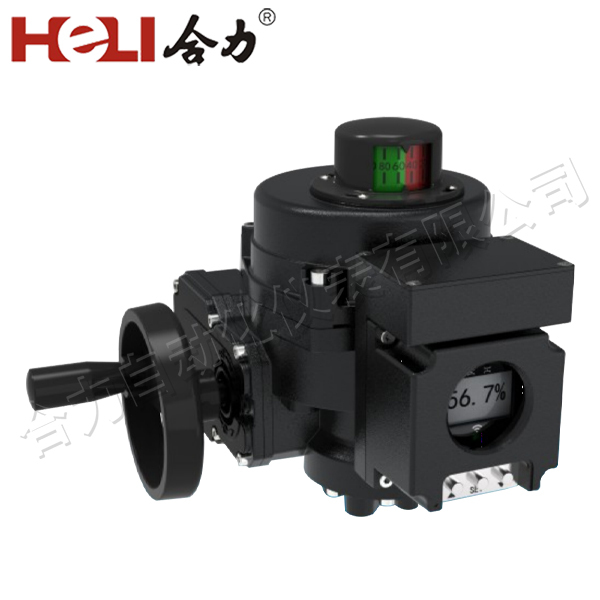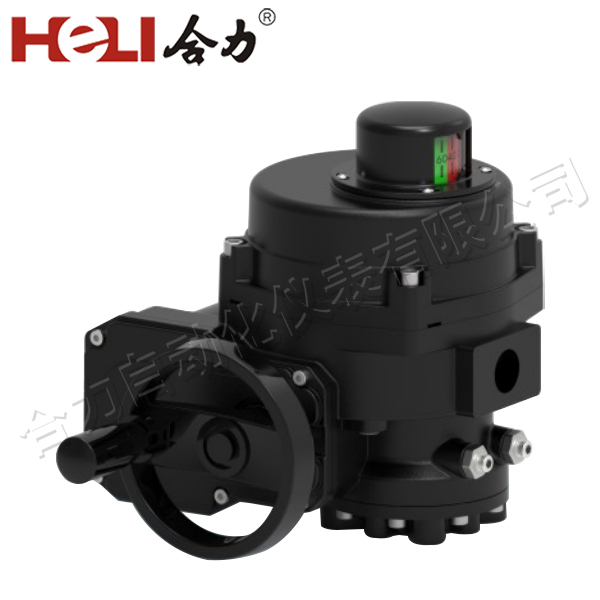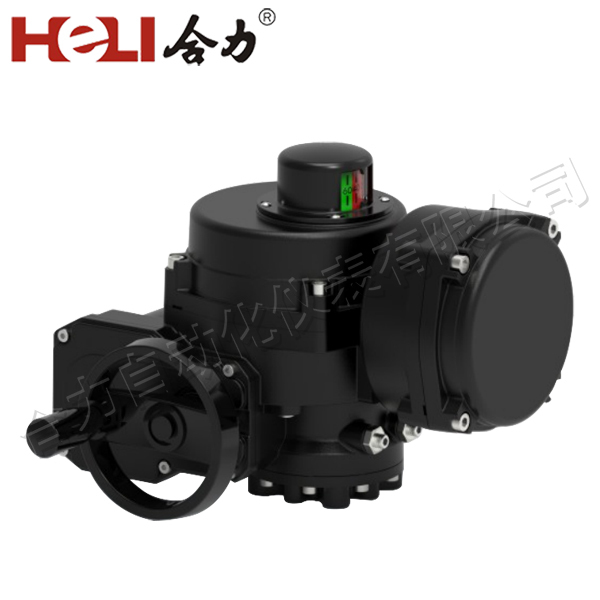As the world continues to move towards renewable energy solutions, hydrogen has emerged as a promising alternative to traditional fossil fuels. Hydrogen energy, particularly when harnessed through fuel cells, offers a clean, sustainable way to produce electricity. The integration of hydrogen energy into electrical systems is becoming an increasingly viable solution to reduce carbon emissions, ensure energy security, and support the global transition to a low-carbon economy. This article delves into the various components and considerations involved in the installation of hydrogen energy electrical systems, their benefits, and future potential.

The Basics of Hydrogen Energy and Fuel Cells

Hydrogen is the most abundant element in the universe, and when used as a fuel, it produces zero harmful emissions. Hydrogen fuel cells are devices that convert chemical energy from hydrogen into electrical energy through a reaction with oxygen. The byproducts of this process are only water and heat, making hydrogen a clean and environmentally friendly energy source. The fuel cell works by combining hydrogen gas with oxygen from the air in an electrochemical reaction, generating electricity, water vapor, and heat. Fuel cells offer several advantages over conventional energy sources, including high efficiency, scalability, and versatility. Unlike traditional combustion-based power generation, which is often inefficient and produces harmful emissions, hydrogen fuel cells generate electricity without emitting pollutants. This makes them an attractive option for a variety of applications, from powering vehicles to providing backup power for residential or industrial use.

Leave a Reply
You must be logged in to post a comment.